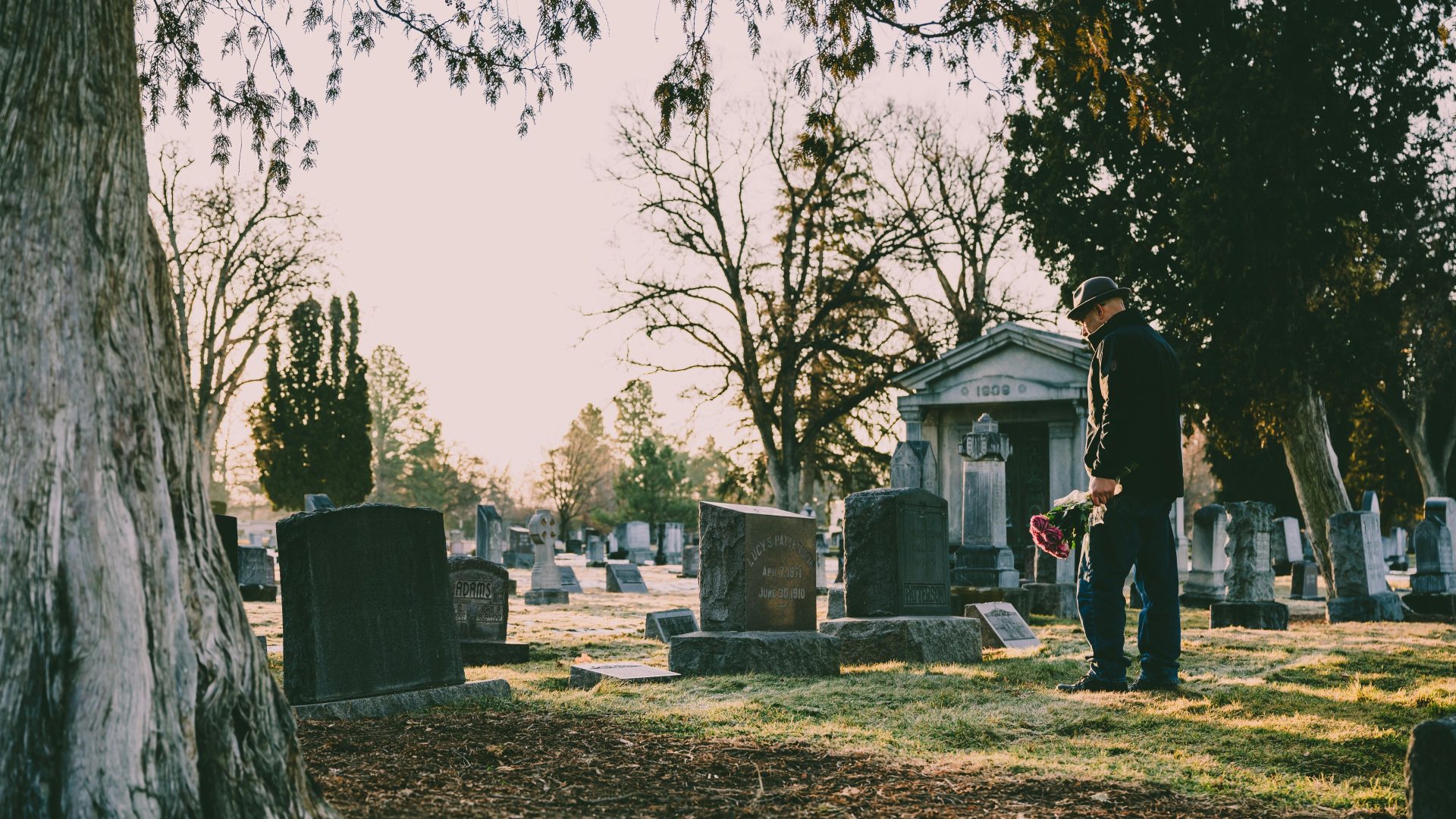When Men Grieve in Silence: Understanding Disenfranchised Grief
By Victoria Hampson, Integrative Counsellor.
Grief doesn’t always look like tears. Sometimes, it looks like silence. Like going back to work too quickly. Like saying “I’m fine” when you're anything but.
For many men, especially those dealing with pregnancy loss or non-traditional grief, their pain lives underground — unspoken, unvalidated, and often unseen. This is what psychologists call disenfranchised grief: a kind of loss that society doesn’t fully acknowledge or allow us to grieve openly.
What Is Disenfranchised Grief?
The term was introduced by Professor Kenneth Doka in 1989. It refers to grief that isn’t socially recognised — the kind that doesn’t come with casseroles, sympathy cards, or a place in the obituary. Maybe it’s because the relationship wasn't "official," or the loss isn't one people understand. For men, especially, the problem often isn’t the loss itself — it’s that they’re not seen as grievers.
Pregnancy loss is a key example. Society tends to focus on the mother (and rightly so), but in doing so, the father's grief often becomes invisible. Research by Jones-Peeples (2014) found that many men hid their pain because they sensed people didn’t know how to respond — or simply didn’t care. Some described a lack of social support so profound that it left them emotionally stranded, leading to anxiety, emotional shutdown, and even prolonged or complicated grief.
Why Men Are Often Left Out
There’s a cultural script that tells men they should be “the strong one.” The protector. The provider. The one who holds it together while everyone else falls apart. But that script leaves little space for men to be vulnerable — especially when the grief is subtle, complex, or socially stigmatised.
You may have experienced this if you:
• Lost a child during pregnancy or shortly after birth
• Lost an ex-partner or someone you weren’t “supposed” to be close to
• Grieved a pet or a person society doesn’t deem “important enough”
• Felt like your grief was less valid than someone else’s because of your perceived role or connection
There’s also the idea of hierarchical grief — where some people are seen as having more “right” to grieve than others. Think about funeral seating: front rows for the spouse, children, and parents. But where does that leave others who loved deeply, even if silently?
The Cost of Hidden Grief
When grief isn't allowed a voice, it doesn't disappear — it just finds other ways to show up. It may turn into numbness, withdrawal, anger, or substance use. Or it might show up in the body — insomnia, exhaustion, chronic pain. Left unacknowledged, disenfranchised grief can become what we call complicated grief, where the healing process gets stuck.
There is strong evidence that traditional gender stereotypes contribute to men hiding their feelings of grief. It’s not just society ignoring men’s grief — men often silence themselves, telling themselves their pain isn’t valid or that others have it worse. They internalise the message that emotional expression is weakness — when in fact, it's a crucial part of healing.
A Sue Ryder Trust study found that 52% of men hide how they are feeling, even from those closest to them, during the grieving process. A worrying 33% of men surveyed feared being excluded by friends if they talked honestly about their feelings, and 46% believed their grief would make others uncomfortable (Sue Ryder, 2022).
When a person's grief is not openly acknowledged, socially supported, or publicly mourned this can heighten self-stigma and reduce help-seeking among men. This imbalance is clear in bereavement services, where women make up 80–90% of participants.
Reclaiming the Right to Grieve - How Therapy Can Help
Grief often feels too big to handle alone — and you don’t have to.
Talking to a counsellor doesn’t mean something is wrong with you. It means you’re giving your grief the space it needs to breathe. Therapy isn’t about fixing you. It’s about helping you carry what feels too heavy to carry alone — without judgment.
Counselling might look like:
• A space where you can talk without needing to be “strong”
• A place to say things you haven’t said to anyone else
• Techniques like journaling or the “empty chair” to express what’s been left unsaid
• A consistent, confidential relationship where your grief is witnessed
What matters most isn’t the method — it’s the safety. As psychologist John Bowlby described, therapy can offer a “secure base”: a place to explore hard feelings, knowing you won’t be shut down or told to “move on.”
What Men Can Do — For Themselves and Each Other
Grief is deeply personal, but it doesn't have to be solitary. Whether you're grieving yourself or supporting a friend, there are small, powerful things that can make a real difference.
If You're Grieving:
Talk, even if it’s messy. You don’t need the perfect words. Talk to someone who can sit with your pain without trying to fix it.
Write it down. Journaling helps make sense of the emotional fog and gives your pain a private outlet.
Move your body. Exercise, walking, even light activity can relieve some of the heaviness that grief brings.
Give yourself permission. To feel, to cry, to shut down for a while — and to seek help.
Reach out for support. Therapy can be a space to process without judgment. You don’t have to “man up” — you just have to show up.
If You're Supporting a Friend:
Be present. Don’t worry about having the right words. Your presence matters more than your advice.
Mention the loss. Talking about the person who died acknowledges their grief — and their love.
Don’t try to cheer him up. Allow space for sadness without rushing to silver linings.
Offer practical help. Specific offers (“Can I cook for you one night?”) go much further than “Let me know if you need anything.”
Normalise emotions. Let your friend know that anger, silence, or tears are all okay. There is no one “masculine” way to grieve.
Grieving isn’t a weakness. It’s a reflection of love and connection. And men — just like anyone — deserve to feel, express, and process their pain, without shame or apology.
Final Thoughts
If you're a man who’s grieving, know this: your loss matters. Your pain matters. You don’t need anyone’s permission to mourn. And you’re not less of a man for feeling it.
Sometimes strength isn’t about holding it together. It’s about letting go — and finding your way forward.
Written by Victoria Hampson, Integrative Counsellor. To find out more about Therapist Victoria Hampson and the services she offers click here, or the button below.


